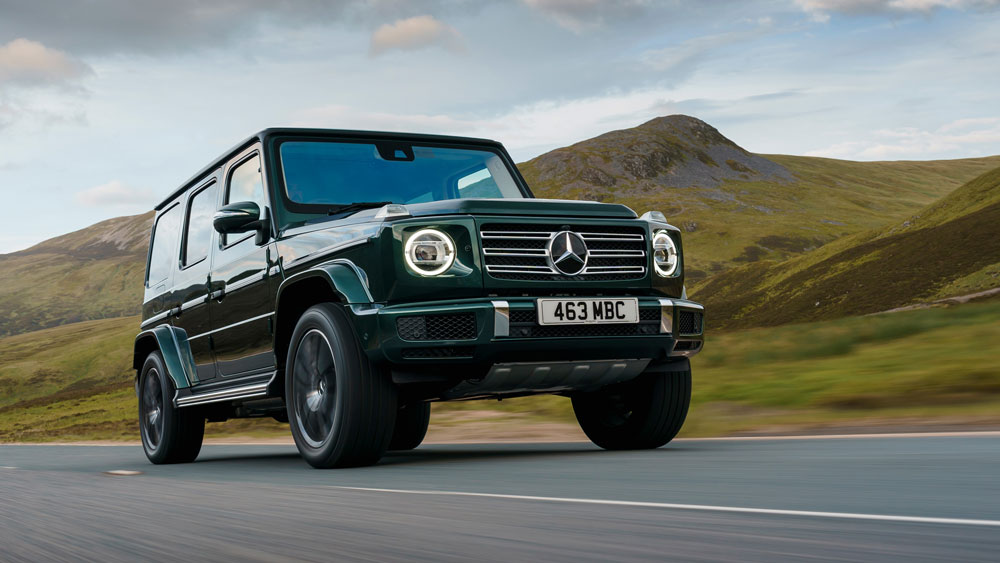Luxury carmakers Porsche, Mercedes-Benz Group (MBG), and Aston Martin have collectively flagged a staggering $889 million impact from U.S. import tariffs, highlighting the financial toll of the ongoing trade tensions between the U.S. and the European Union.
A Heavy Burden on the Auto Industry
German sports car manufacturer Porsche revealed that U.S. tariffs had cost the company 400 million euros ($462 million) in the first six months of the year alone. Similarly, Mercedes-Benz Group warned of a 370-million-euro ($427 million) tariff-related hit during the second quarter. British luxury carmaker Aston Martin, known for its association with the James Bond franchise, also issued a profit warning, citing U.S. tariffs and weak Chinese demand as major challenges to its operations in the June quarter.
The combined costs, exceeding 770 million euros ($889 million), underscore the disruptive impact of the U.S. trade policies under President Donald Trump’s administration.
A Tariff Storm
The Trump administration recently raised tariffs on European Union auto imports to 27.5%, aiming to bolster the U.S. automotive sector. While this move was designed to protect domestic manufacturers, it has significantly strained European carmakers, who rely heavily on global supply chains and North American manufacturing operations.
The White House’s decision to implement a blanket 15% tariff on most EU goods as part of a U.S.-EU trade agreement offered some relief, reducing the immediate threat of a 30% tariff hike scheduled for August 1. However, the current tariff rates still weigh heavily on European automakers.
“This is not a storm that will pass,” said Oliver Blume, chairman of Porsche’s executive board. “The world is changing dramatically – and, above all, differently to what was expected just a few years ago. Some of the strategic decisions made back then appear in a different light today.”
Market Impact
The financial toll of the tariffs is reflected in market performance. Shares of Porsche rose by 2.4% on Wednesday morning, indicating some investor optimism. Meanwhile, Mercedes-Benz Group saw a 1.5% dip in its share price, and Aston Martin’s stock fell by more than 2%.
Industry Response
The European auto industry has expressed deep concern over the escalating costs associated with the tariff environment. While the recent U.S.-EU trade agreement offers a glimmer of hope for improved relations, automakers remain wary of the long-term implications for their supply chains and profitability.
European industry groups have called for further negotiations to ease trade tensions and reduce tariff-related costs. However, the path forward remains uncertain, with automakers like Porsche and Mercedes-Benz Group preparing for an extended period of financial pressure.









